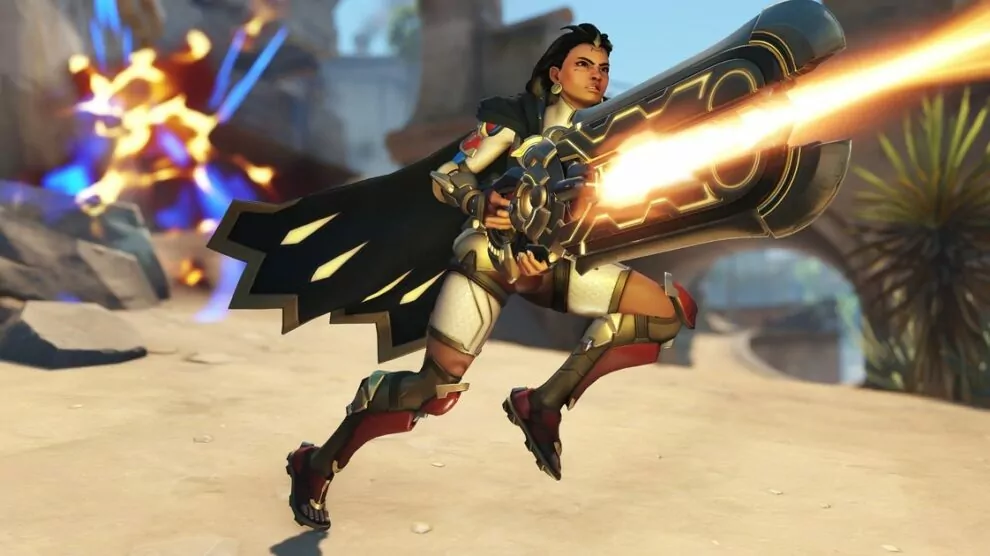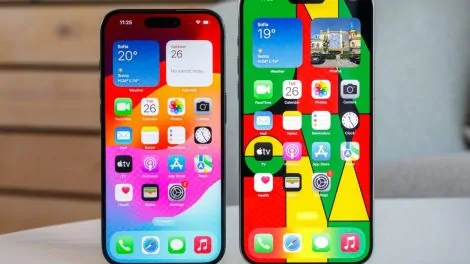After mourning the Overwatch League’s surprise conclusion last year, Blizzard recently lifted competitive gaming spirits announcing an ambitious Overwatch Champions Series (OWCS) spearheading fresh esports visions built through external partnership.
Today we unpack what this reimagined global Overwatch league structure means, why Saudi financial backing raises ethical debates and outlooks anticipating what comes next at controversial crossroads.
EWS Faceit Group Partnership Details
First, Blizzard chose ESL Faceit Group (EFG) collaborating OWCS plans comprising regional tournament leagues, playoffs, championships and open participation qualifying phases.
On paper, it promises grassroots team cultivation pathways and compelling productions engaging wide viewership interest if executed successfully.
But behind the scenes, EFG funding flows significantly from Saudi Arabia’s government-backed Savvy Games Group – an esports investment vehicle from a nation with condemned human rights reputation.
Sportswashing and Inclusion Tensions
And this is where controversy compounds around perceived Saudi “sportswashing” aims glossing government images backing high-profile gaming initiatives deflecting deeper ongoing criticism.
Additionally concerning, EFG leadership dodged direct questions about LGBTQIA+ and female inclusion protections given Saudi prohibition and suppression histories counter worthily upholding.
So while vision sells inclusive esports ideals, financial bedrock rests on questionable ethical grounds harming rather than empowering many still.
Blizzard’s Balancing Act Justification
Addressing growing public criticism around OWCS financial leadership alignment pick, Blizzard downplayed Saudi direct partnership engagements.
They reinforced EFG maintains independent governance from Savvy Games Group influence regarding Overwatch leadership operations and values like diversity/inclusion priorities separately.
And they characterized injections funding esports infrastructure itself driving mass participatory opportunities otherwise unavailable currently if remaining grassroots-limited.
A Focus on Expanding Reach and Participation
In effect, Blizzard suggests tournament organization separation and necessary capability benefits outweigh abstract Saudi sportswashing perceptions and human rights records indirectly associated by degrees of separation.
They aim spotlights expanding general esports ecosystem health, not whitewashing reputations specifically.
But skeptical critics highlight investments indivisible from problematic controlling interests inevitably despite constructs supposedly segmenting business governance divides.
Uncertain Futures Splitting Community Sentiments
Presently the Overwatch community finds itself divided processing OWCS league news filled positive aspirations yet attached complicated baggage.
Some share Blizzard’s optimism around revitalizing lagging esports momentum through injected capital and locked ambitions executing a spiritual competitive resurrection.
But others increasingly distrust ethical principles placing short-term business lifelines above carefully considering wider cultural harms introduced unwillingly associating.
A Council Vote of Confidence?
Perhaps appointing an independent ethics council overseeing OWCS governance policies offers route upholding values and inclusion assurances proactively while Saudi continues funding phases running course.
This compromise strategy possibly sustains constructive progress respecting diverse player representations in the immediate term while catalyzing organic independent revenue substitutes long-term as skepticism around current dependencies mount.
Ultimately Overwatch’s destiny seems caught between cash and conscience unless creative solutions emerge reconciling both satisfactorily. Here’s hoping White hats Trump black hats sooner than later uniting community spirit lifting celebrated history high rather haunted contradictions.










Add Comment